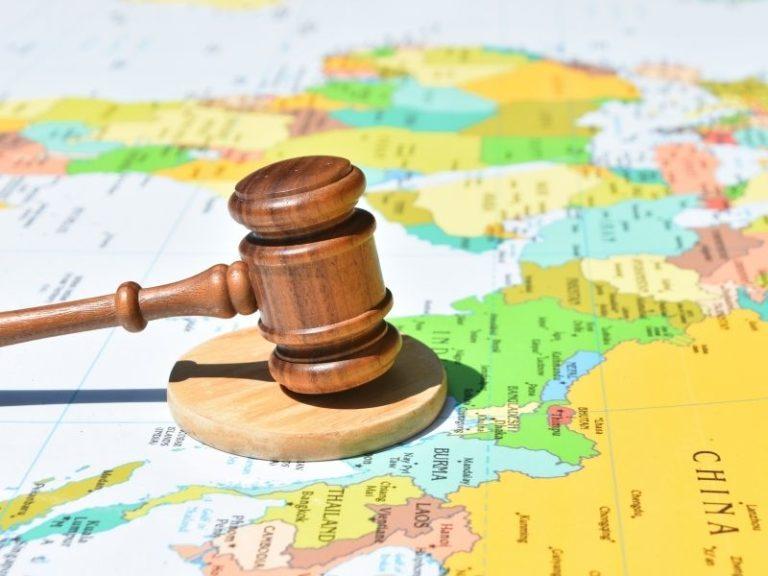International Humanitarian Law Ensures Full Protection for Journalists and War Correspondents in Times of Conflicts

International humanitarian law, a subset of public international law, serves as a framework from which humanitarian values are derived to guide actions during armed conflicts. Journalists and media professionals draw legitimacy for their work from the legal principles and provisions established by this law, which grant them the freedom to perform their duties. This freedom is rooted in the fundamental right to freedom of opinion and expression, encompassing the dissemination and exchange of information and opinions.
Simultaneously, media professionals are facing a growing threat of harm, including injury, death, imprisonment, or abduction, while reporting on armed conflicts. The ICRC continues to express profound worry over the prevalence of attacks on journalists and other media personnel. Recent conflicts have highlighted an alarming trend of increased direct attacks against these workers, amounting to violations of international humanitarian law. Journalists and media personnel operating in conflict zones are exposed to multiple risks stemming from the hazardous circumstances surrounding military activities. The primary danger they encounter is deliberate violence aimed at silencing their reporting efforts.
A journalist on a dangerous professional assignment in a combat zone is a civilian. He or she is entitled to all rights granted civilians per se. AP I, Article 79, establishes this rule for international armed conflicts. Thus, journalists do not lose their civilian status by entering an area of armed conflict on a professional mission, even if they are accompanying the armed forces or if they take advantage of military logistic support. Journalists are protected in the same way as all other civilians, independent of their nationality, provided that they do not undertake any action which could jeopardize their civilian status.
The UN is actively working to protect journalists. This is evidenced by an increasing number of declarations, resolutions and other normative texts, and the Office of the UN High Commissioner for Human Rights (OHCHR) is mandated to promote and protect the effective enjoyment by all of all human rights, including the rights of journalists and media workers. OHCHR works to implement General Assembly and Human Rights Council mandates on the safety of journalists. The Special Rapporteur on the promotion and protection of the right to freedom of opinion and expression is also an advocate for the safety of journalists.
International humanitarian law guarantees full protection for journalists, and in the IHL treaty journalists are mentioned in two different ways. Firstly, the Third Geneva Convention (GC III) relative to the treatment of prisoners of war covers war correspondents. Secondly, the 1977 Additional Protocol I to the Geneva Conventions (AP I) deals specifically with journalists engaged in dangerous professional missions in areas of armed conflict. Both treaties apply to international armed conflicts. The scope of IHL is to spare persons not or no longer taking a direct part in hostilities from undue harm resulting from an armed conflict.
One of the main goals of the UN Plan of Action is to raise awareness on the importance of independent and professional journalism. International Days, such as World Press Freedom Day (3 May) and the International Day to End Impunity for Crimes against Journalists (2 November) encourage discussion and analysis and promote initiatives related to freedom of press, the safety of journalists and the issue of impunity.
